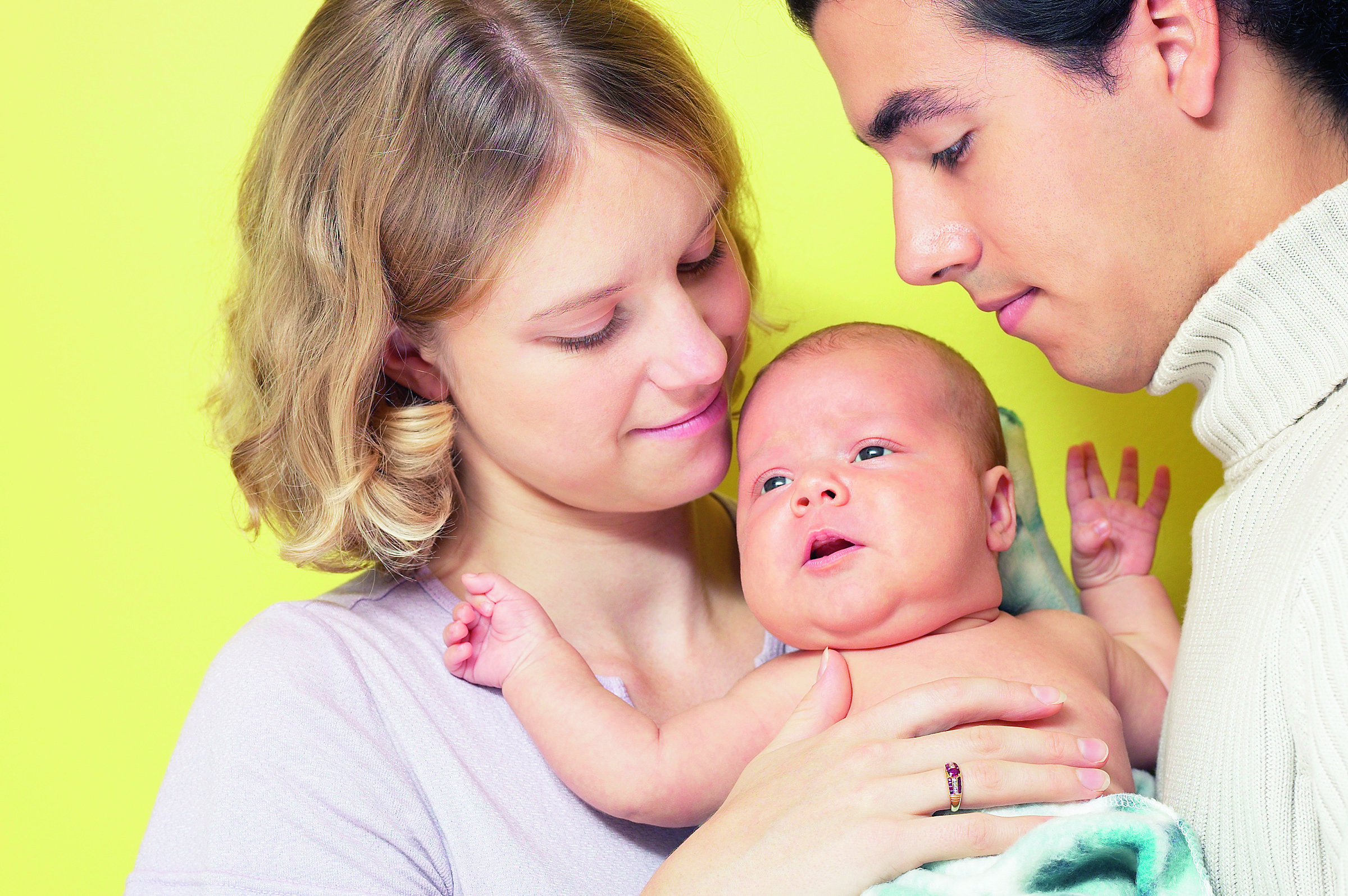
More than two-fifths (42%) of millennial working parent respondents feel burnt out most or all of the time, according to research by Bright Horizons and Working Families.
The 2016 modern families index, which surveyed 1,000 working parents, also found that 38% of millennial parent respondents would take a pay cut to improve their work-life balance, compared to 28% of all respondents.
The research also found:
- Around a quarter (22%) of respondents aged 36-45 years old feel burnt out all or most of the time, compared to 17% of those aged 45 and over.
- 69% of millennial father respondents work flexibly compared to 54% of father respondents aged 36-45, and just over half (52%) aged 45 and over.
- 58% of millennial father respondents would not feel confident asking their employer about reducing their hours, working remotely or placing boundaries on responding to calls or emails.
- 46% of respondents say that their working life is becoming increasingly stressful, and more than a third (35%) feel that work negatively impacts their family life.
- 35% of respondents take annual leave to cope with the stress of work, and 28% take sick leave to cope.
Denise Priest, director of strategic partnerships at Bright Horizons, said: “The research shows that millennials are doings things differently at work and at home, and have a strong desire to be involved with their children and families. This is the new generation of parents who are rebooting traditional working and caring patterns, but also challenging embedded notions of engagement and loyalty in the workplace.
“However, these increased expectations continue to bump up against working commitments, leading to stress and in some cases burnout.”
Sarah Jackson, chief executive at Working Families, added: “The sands are shifting; younger parents are more likely to share care than the generations before them. But they’re on shaky ground because working life hasn’t caught up.”